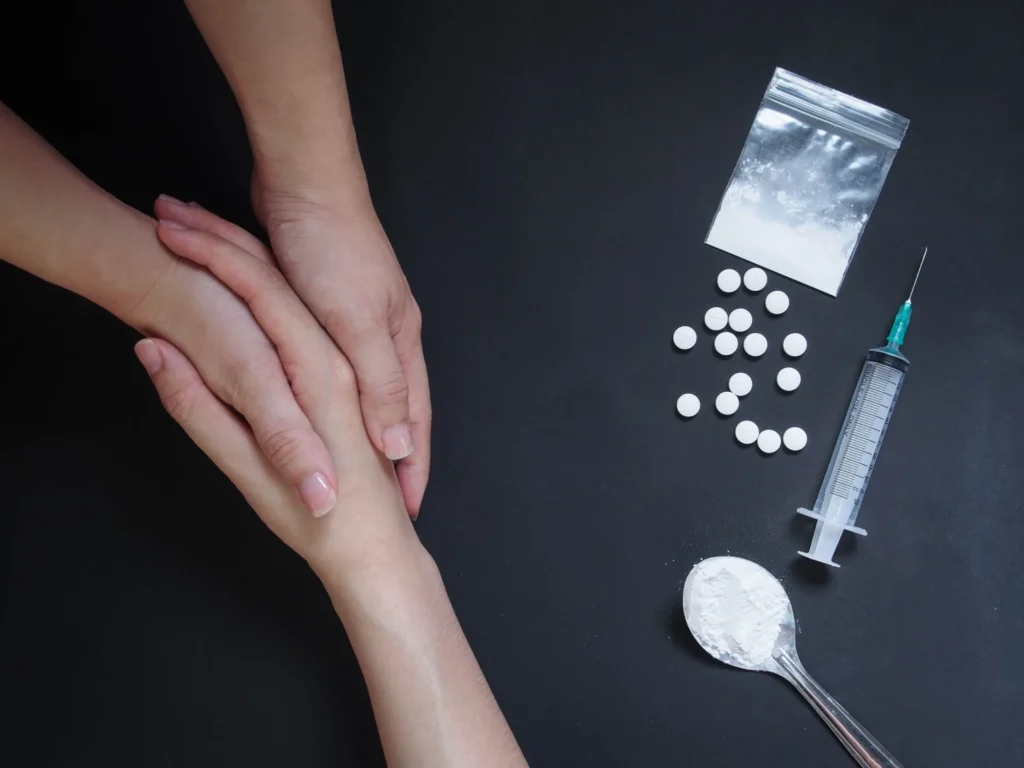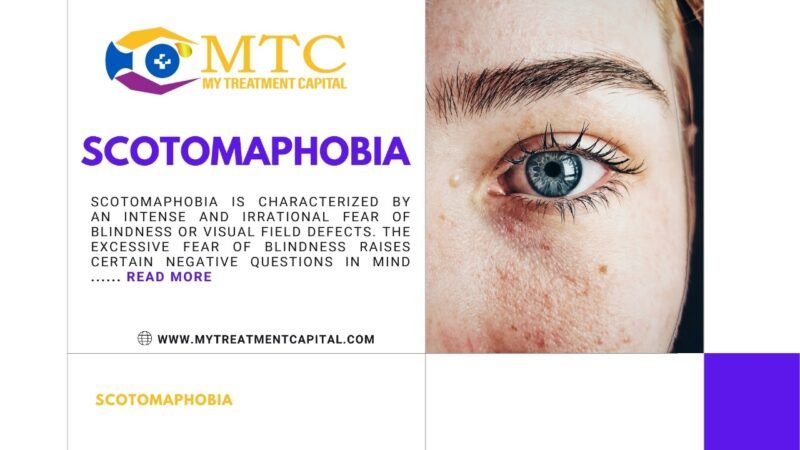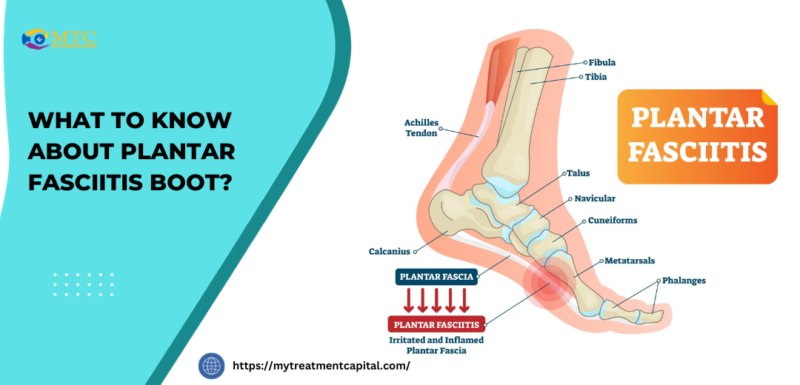When it comes to addiction treatment, there’s no one-size-fits-all solution. Different individuals require different approaches based on their unique needs.
Here are seven types of addiction treatment programs you should know about, each offering distinct benefits to support recovery.
1. Inpatient Rehabilitation
Inpatient rehabilitation, also known as residential treatment, involves staying at a treatment facility for a specified period. This type of program provides 24/7 medical and emotional support in a structured environment. It’s ideal for those with severe addictions or those who need to remove themselves from their usual surroundings to avoid triggers.
Inpatient rehab offers a comprehensive approach, including detoxification, therapy, and aftercare planning. The immersive environment allows individuals to focus entirely on their recovery without distractions from daily life.
2. Outpatient Treatment
Outpatient treatment programs offer flexibility for individuals who need addiction treatment but cannot commit to a residential program. These programs allow you to live at home and continue with daily responsibilities while attending treatment sessions multiple times a week.
Outpatient treatment includes individual and group therapy, education on addiction, and relapse prevention strategies. It’s a good option for those with milder addictions or as a step down from inpatient care.
3. Intensive Outpatient Programs (IOPs)
Intensive Outpatient Programs (IOPs) are a middle ground between inpatient and standard outpatient treatment. IOPs require more time commitment than regular outpatient programs, often meeting several hours a day, multiple days a week.
These programs are designed for individuals who need a higher level of care but still want to live at home. IOPs provide comprehensive treatment, including therapy, life skills training, and support groups, while allowing participants to maintain some of their daily routines.
4. Partial Hospitalization Programs (PHPs)
Partial Hospitalization Programs (PHPs) are similar to IOPs but offer an even higher level of care. Participants attend treatment at a facility for several hours a day, five to seven days a week. PHPs provide intensive therapy, medical monitoring, and psychiatric care.
PHPs are suitable for individuals who require substantial support but do not need 24/7 supervision. They offer a structured environment while allowing individuals to return home in the evenings.
5. Detoxification Programs
Detoxification programs, or detox, are the first step in addiction treatment for many individuals. Detox involves clearing the body of substances while managing withdrawal symptoms in a safe and controlled environment. Medical supervision is crucial during detox to ensure safety and comfort.
Detox programs vary in length depending on the substance and severity of addiction. After detox, individuals are often recommended to continue with inpatient or outpatient treatment to address the psychological aspects of addiction.
6. Sober Living Homes
Sober living homes, also known as halfway houses, provide a supportive and structured environment for individuals transitioning from inpatient treatment to independent living. These homes offer a drug-free environment with rules and routines that promote sobriety.
Residents in sober living homes typically attend outpatient treatment or support group meetings while working or studying. This type of program helps individuals build a strong foundation for long-term recovery by promoting accountability and peer support.
7. Holistic Treatment Programs
Holistic treatment programs take a comprehensive approach to addiction recovery, addressing the mind, body, and spirit. These programs incorporate traditional therapies like counseling and medical treatment with complementary therapies such as yoga, meditation, acupuncture, and nutritional counseling.
Holistic programs aim to heal the whole person, not just the addiction. This approach can be beneficial for individuals looking to improve their overall well-being and develop healthy, sustainable habits.
Choosing the Right Program
Selecting the right addiction treatment program depends on various factors, including the severity of the addiction, personal circumstances, and individual preferences. Here are some tips to help you choose the best program:
1. Assess Your Needs
Consider the severity of your addiction, any co-occurring mental health conditions, and your support system at home. Severe addictions or those with mental health issues may benefit more from inpatient or PHPs, while milder cases might do well in outpatient settings.
2. Seek Professional Advice
Consult with a healthcare provider or addiction specialist. They can assess your situation and recommend the most suitable treatment options.
3. Research Programs
Look into different programs and facilities. Check their credentials, treatment methods, and success rates. Reading reviews and testimonials can also provide insight into the experiences of former patients.
Consider the location of the treatment facility and the associated costs. Some individuals may prefer a nearby facility, while others might benefit from a fresh start in a new environment. Check if the programs accept your insurance or offer payment plans.
5. Evaluate Aftercare Support
Aftercare is crucial for long-term recovery. Ensure the program you choose offers robust aftercare support, such as ongoing therapy, support groups, and relapse prevention strategies.



